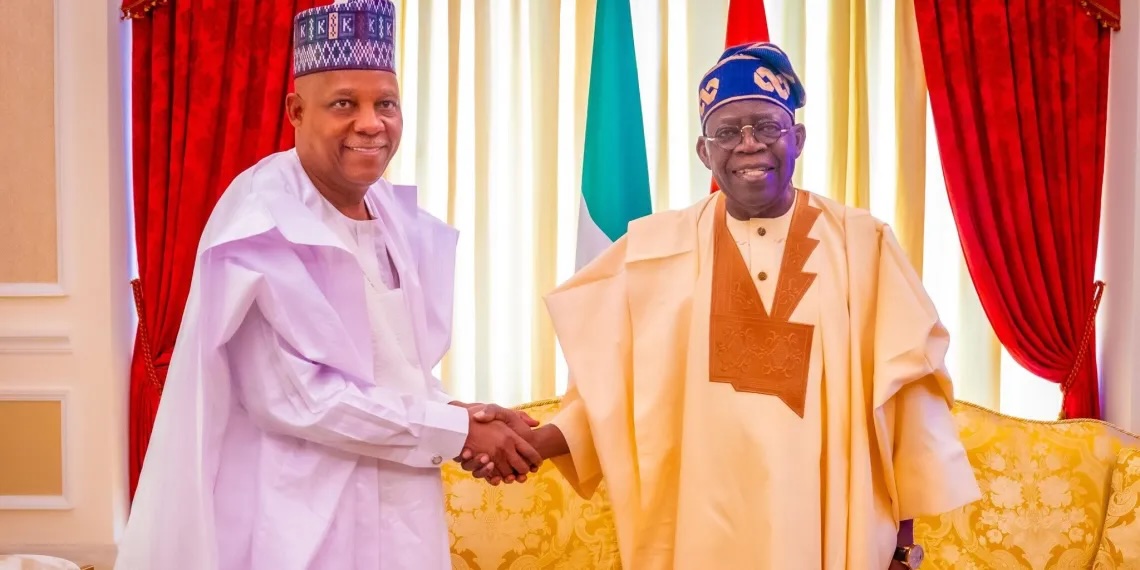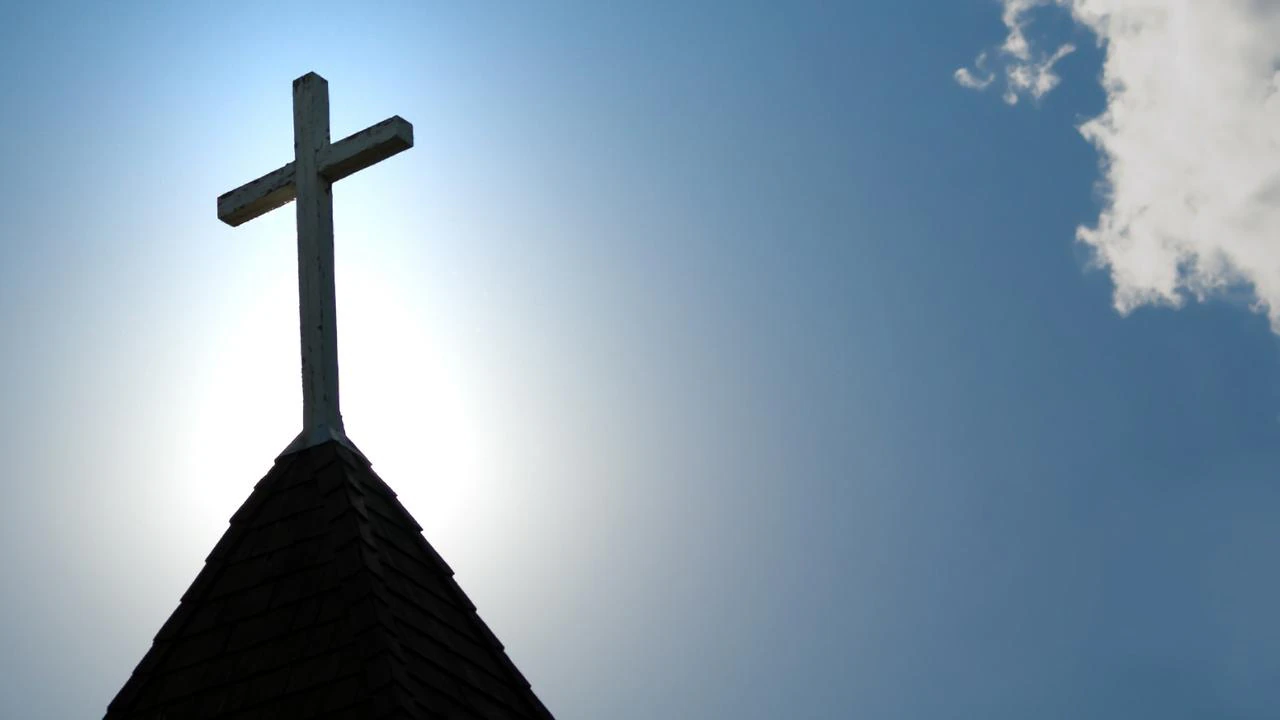As Nigeria marked the 26th year of unbroken democratic governance on June 12, 2025, President Bola Ahmed Tinubu’s address to a joint session of the National Assembly was more than a ceremonial speech—it was a powerful reaffirmation of his government’s vision, its achievements, and, above all, its commitment to democratic ideals and national renewal. In a time when cynicism often clouds the public square, President Tinubu offered Nigerians something rare: clarity, purpose, and a sense of enduring hope.
His address should be seen for what it truly is—a case not just for the endurance of democracy, but for the continuation of a presidency committed to structural reform, national inclusion, and economic revival. As 2027 approaches, the real question before Nigerians is not just who will lead us next, but who deserves the mandate to complete the transformational journey already begun.
President Tinubu is not new to the trenches of Nigeria’s democratic fight. As he recalled in his speech, he stood alone in 2003 against a ruling party bent on eliminating opposition, refusing to bow to pressure or manipulation. He endured hardships for democracy during military rule, paying tribute to both well-known and lesser-known individuals from various backgrounds who sacrificed for freedom on June 12.
A man with his pedigree, who has lived the sacrifice of democracy, can be trusted to protect it. He reminded Nigerians that the APC will never become a one-party state and emphatically rejected any moves in that direction. In an era where democratic backsliding is a global trend, President Tinubu’s reassurance on pluralism and open political competition cannot be overstated. For many years, the democratic system in Nigeria has been weakened by unstable institutions and reliance on influential leaders. President Tinubu is changing that.
By endorsing the National Assembly’s autonomy and pushing for bipartisan reform, he displays a constructive leadership style that is uncommon in Nigeria’s Fourth Republic. His recognition of the legislature’s significant role— whether in upholding the constitution against attempts for a presidential third term or ensuring stable leadership during national crises—highlights his profound respect for governmental institutions. President Tinubu governs through dialogue rather than control, exemplifying democratic leadership.
When President Tinubu assumed office in 2023, Nigeria’s economy was burdened by debt, high inflation, foreign exchange volatility, and dwindling investor confidence. In just two years, the narrative is shifting. GDP growth rebounded to 4.6 pe4r cent in Q4 of 2024—the strongest in over a decade. Inflation is slowing, with food prices stabilising and local production picking up. The naira has stabilised, and foreign reserves have grown fivefold—a remarkable achievement.
Consumer credit access has expanded rapidly, bringing dignity and opportunity to over 100,000 Nigerians, with a new phase to empower 400,000 youth launching this July. Job creation and skills development are being boosted through bold initiatives like NELFUND, digital fiber expansion, and a credit guarantee company backed by N100 billion. These are not theoretical policies or future promises.
They are active, measurable reforms lifting Nigerians out of poverty and restoring confidence in our economy. President Tinubu has done in two years what many governments failed to achieve in eight. While acknowledging that national security remains a work in progress, Tinubu’s government has coordinated better intelligence, secured highways, and improved inter-agency collaboration. Rather than engaging in political maneuvering, he has sought to establish a professional approach to national security.
He has also shown remarkable sensitivity to national unity, with inclusive policies and recognitions that cut across geopolitical zones and social divisions. Conferring national honors on figures like Ken Saro-Wiwa and Kudirat Abiola, alongside national heroes from the Nigeria South, North, East, and West, shows President Tinubu’s presidency is one of healing and nation-building—not partisan scoring. By aligning his presidency with the spirit of June 12—democracy, equity, justice, and accountability— President Tinubu places himself in the continuum of Nigeria’s democratic struggle.
His ambition for a second term does not stem from a desire for power in itself; he is committed to completing the vital work necessary for the nation’s transformation. And this work is well underway—from digital infrastructure to tax reform, energy policy to SME financing, and youth development to diaspora engagement.
In a democratic system, securing a second term should not occur by default; it requires active justification and merit. President Bola Ahmed Tinubu has earned it—through sacrifice, service, and measurable progress. He has provided a tested commitment to democracy, even at personal cost and has engaged a disciplined economic policy that is already producing results. Furthermore, he has embraced inclusive governance that honors Nigeria’s diverse peoples and histories and has commenced several forward-thinking infrastructure investments, setting the foundation for long-term growth.
Nigerians need to rise above distractions and noise. The elections in 2027 will center on themes of continuity versus upheaval, advancement versus decline, and strategic leadership versus ambition lacking direction. Re-electing President Bola Ahmed Tinubu is not about overlooking existing challenges; rather, it is about building on the progress that has been achieved.
It signifies a commitment to pursuing the Nigerian dream until it is fully realised. Bola Ahmed Tinubu merits a second term—not solely for his identity, but for the potential transformation of Nigeria under his ongoing leadership.
Oriola is a Lawyer and Partner at Adomi Advisory Group.






